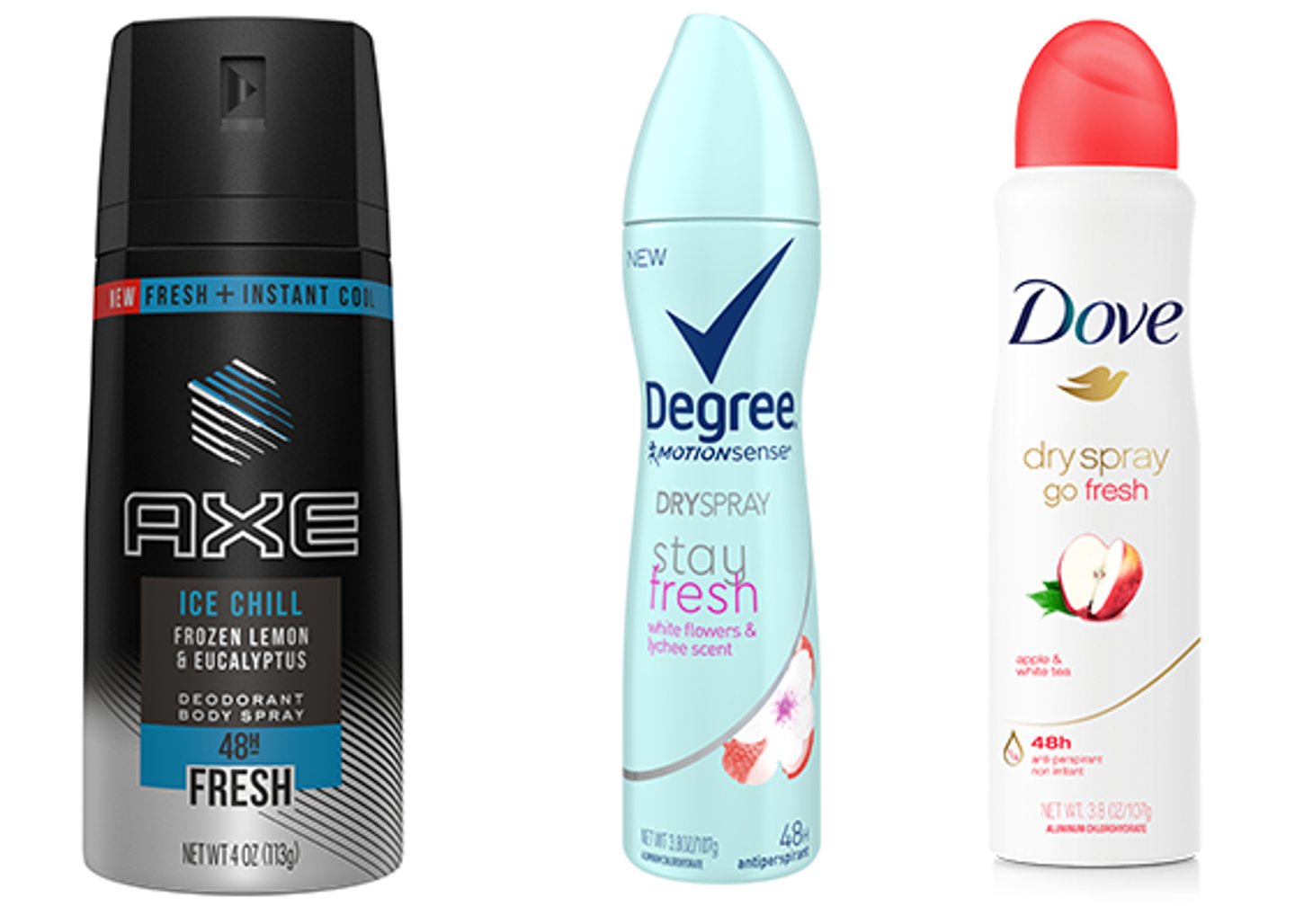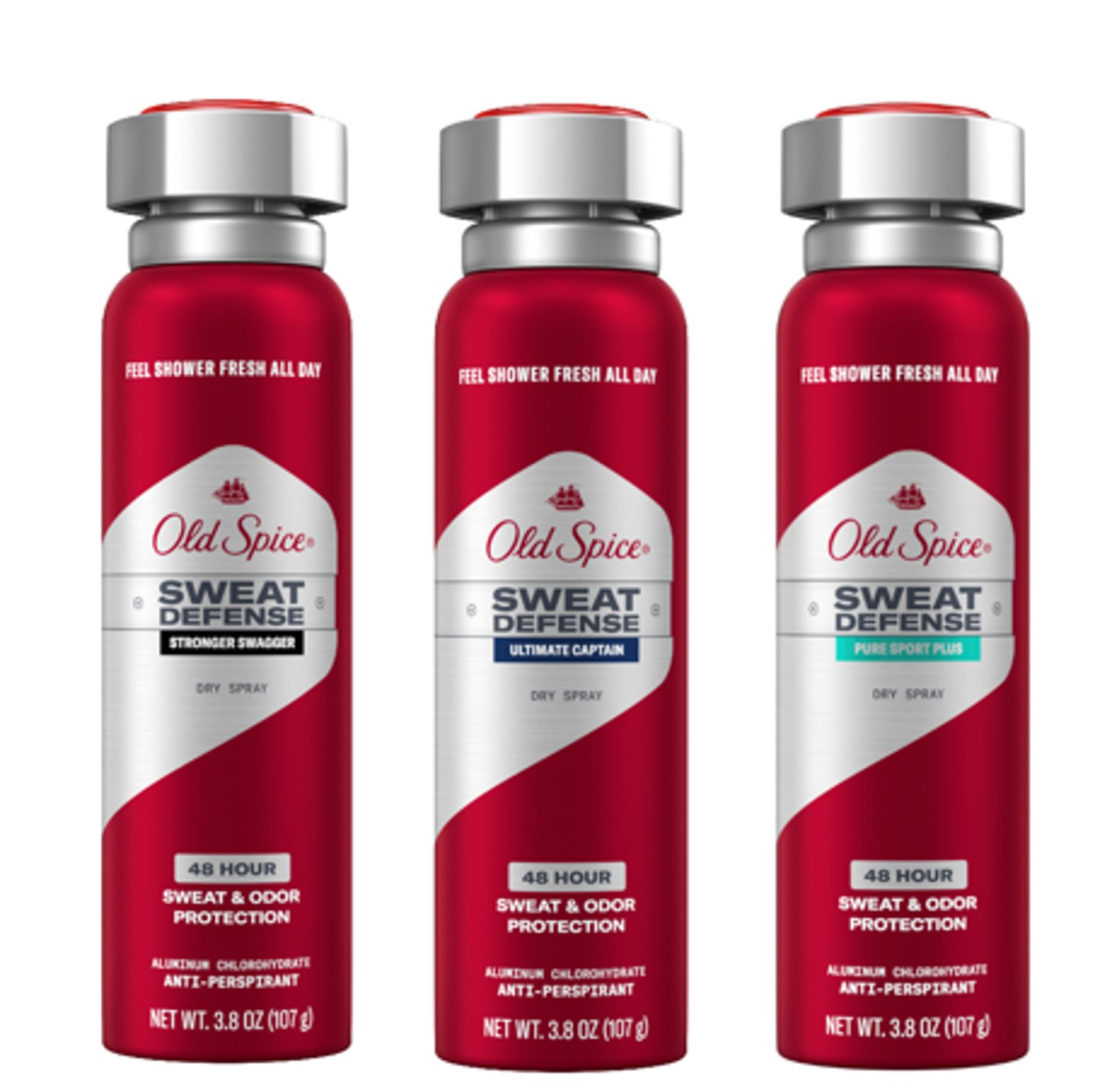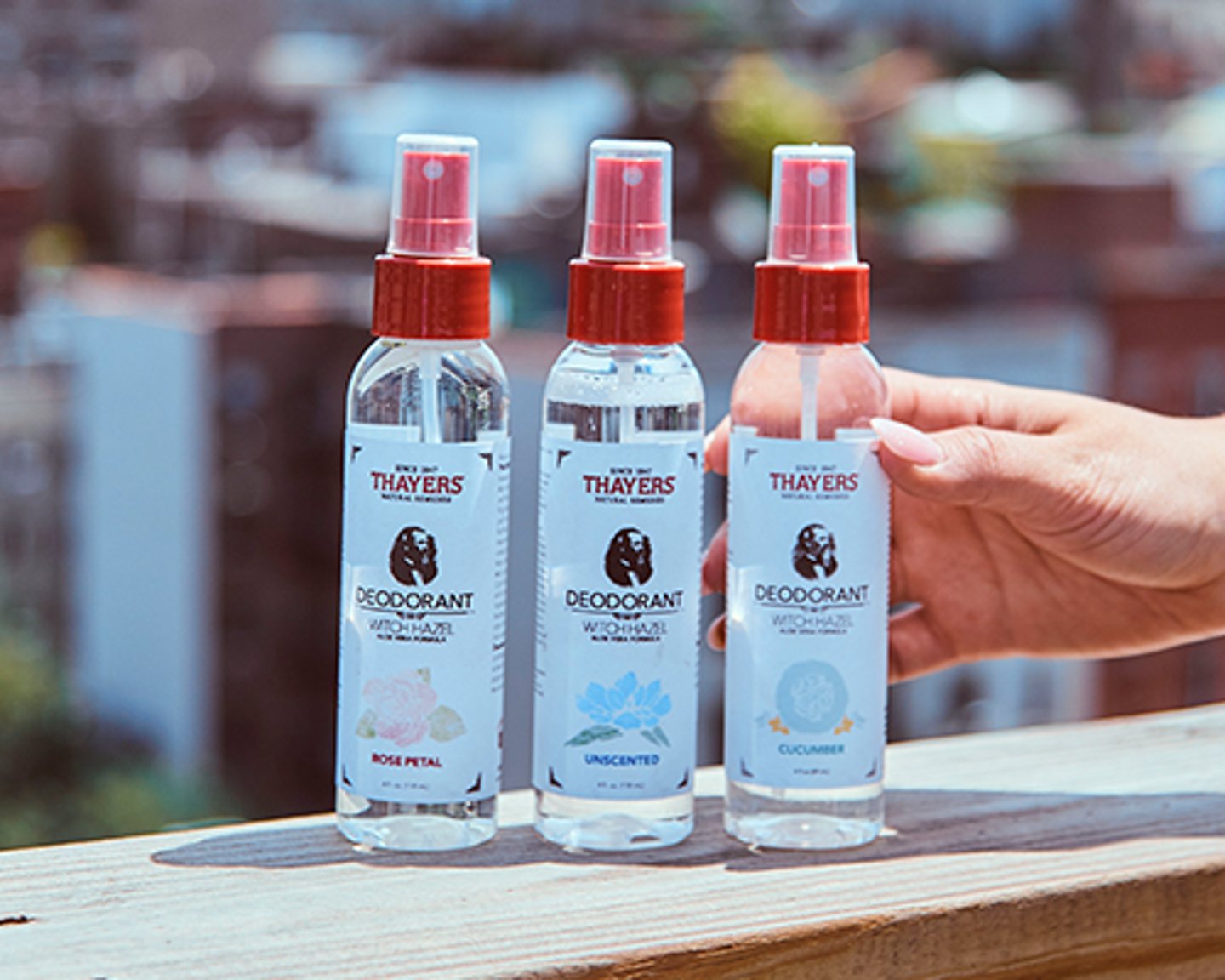Keeping the deodorant category fresh is key to driving sales, profits
In the deodorant category, at least, aluminum is becoming more and more taboo. And, right now the soft metal, a longtime main ingredient in products in the category, is being avoided by a growing number of consumers, causing retailers and suppliers to change their product mix.
The reason, some said, is growing evidence that aluminum in underarm products can be correlated with breast cancer or Alzheimer’s disease. While some refute the claim, more and more consumers are reading labels to find alternative ingredients to aluminum.
Manufacturers are responding to these demands with new products that emphasize their aluminum-free status on the packaging. Brands also are launching products that answer other consumer demands, including botanicals, other scents or for no fragrances. Also new is a movement away from men’s products and women’s products and towards unisex items.
Interestingly, dollar sales in the category are responding well to the change in direction. According to IRI, a Chicago-based research firm, for the 52 weeks ended Aug. 11, sales of deodorants in U.S. multi-outlet stores — grocery, drug, mass market, military and select club and dollar stores — totaled more than $3.2 billion, an increase of 6% compared with the same period the previous year. The growth is partly due to increased prices, as the price per unit at $4.26 was 23 cents higher. Unit volume was flat, up 0.2%.
Rolling Out New Products
Manufacturers said the growth has been driven by innovation. “There is so much change happening in this category,” said Dawn Hedgepeth, vice president of deodorants, men’s grooming, and hand and body lotion at Unilever. “The antiperspirant and deodorant category is now one of the most dynamic categories in personal care.”
Hedgepeth attributed much of the growth to the introduction of new brands, formats and niche segments — including natural and aluminum-free options across brands. Wellness has been a focus lately in the beauty space, and brands are developing products to meet this need. Unilever introduced products across its AXE, Degree, Dove and Schmidt’s brands in recent months.
“We know consumers want choices in everything from ingredients and formats to formulas when it comes to their deodorants and antiperspirants,” Hedgepeth said. “We take the trends that are coming down the pike and act nimbly to bring benefits to market that will add value, convenience and delight to people’s routines.” The new products include deodorant wipes, serum, aluminum-free and natural offerings, and a new product for consumers who suffer from hyperhidrosis, or excessive sweating. Also new is a gender-neutral deodorant in the Schmidt’s lineup.
Everybody Sweats
Gender-neutral products are an emerging trend in deodorants. “When we started four years ago, retailers wanted us to differentiate men’s and women’s deodorants,” said Kyle LaFond, founder of American Provenance based in Blue Mounds, Wis. “Now they say it’s not important to them anymore, and we don’t need to specify gender-specific products. People wear whatever they want.”
American Provenance makes natural deodorants that have such alliterative names as Shotguns and Shenanigans (peppermint, cypress and eucalyptus) and Firepits and Flannel (wintergreen, fir and cedar), the two bestsellers. “We had middle school students come up with creative names,” said LaFond, a former schoolteacher. “It was the last day of school, and we put names on a white board.”
While the names are fun, shoppers buy the products because they are free of metals, petrochemicals, sulfates, parabens and artificial ingredients, and are cruelty-free, LaFond said. The natural deodorants contain coconut oil, shea butter, beeswax, aluminum-free baking soda, arrowroot powder and a blend of essential oils. Consumers are educated about ingredients, LaFond said, and they research products online and in stores. “People are on their phones, pulling up ingredients, trying to see what they are,” he said. “Or they are price shopping.”
Retailers merchandise the products without any callouts as to which are intended for men and which are for women. Men might wear a lavender deodorant, LaFond said, because they know their significant other likes how the scent smells on them. “We have all these preconceived notions about what masculine is,” he said. “That gets thrown out the window.”
Men’s Products
Not everyone is throwing out the concept of men’s products. Matt Krehbiel, associate brand director at Old Spice, said for more than 80 years, the Procter & Gamble brand has been “the authority on the male grooming experience.” Recently Old Spice launched several products to respond to men’s needs. “Traditionally, guys have had a functional relationship with their personal care products, with a focus on basic hygiene,” he said. “With evolving needs and increased diversity, guys are finally openly embracing an elevated grooming regimen, including what they use under their armpits.”
Men need, want and deserve nice skin, Krehbiel said, so Old Spice launched its nature-inspired Fresher Collection product lineup, including Volcano with Charcoal anti-perspirant, Wilderness with Lavender anti-perspirant and Timber with Sandalwood anti-perspirant.
The men’s side of the category is poised for growth as consumer attitudes change. “It’s really exciting to see the growth of the men’s natural deodorant category,” said Brad Handel, marketing manager at Every Man Jack in Corte Madera, Calif. “Guys are paying attention to what they’re putting on their body.” Every Man Jack makes products such as coconut-based deodorants that do not contain aluminum and are available in Activated Charcoal, which absorbs moisture and neutralizes odor, or Volcanic Clay, which helps kill odor-causing bacteria and absorbs moisture.
Smells Like Success
Another trend is the shift away from scents that mask odors. Easton, Conn.-based Thayers offers deodorants in cucumber and rose scents, as well as an unscented variety. The products contain DeoPlex, or saccharomyces ferment filtrate, a water-soluble plant product that contains enzymes. “It’s not covering up anything,” said marketing manager Andrea Gity. “It neutralizes odors.”
Gity also said that unscented products are a big trend now. “A lot of people don’t necessarily want a scent,” she said. “Some people are sensitive to scent, and some people don’t want a scent to interfere with their other fragrances.”
Thayers is known for its products containing witch hazel. Consumers use witch hazel products on their faces, with the intent of shrinking pores, and the same concept can apply to sweat, Gity said. However, while people are familiar with witch hazel, some education is needed for consumers to know that natural deodorants do not necessarily work on the first use. “People switching to natural deodorant have to adjust,” Gity said. “Your body has to become accustomed to the fact that you’re not blocking sweat glands with aluminum anymore.”
Deodorant or Antiperspirant
One manufacturer that long has specialized in natural products is Tom’s of Maine. This year, the Kennebunk, Maine-based company launched its Natural Strength Deodorant line for women, designed to offer 48-hour odor protection.
“Naturals is driving much of the growth in the deodorant category as more consumers are thinking about the products they put on their bodies, and wanting to make healthy choices,” said Justin Boudrow, personal care manager at Tom’s of Maine. He also said that the natural segment is up 75% year to date, and driving more than half the growth in the category.
The brand also extended its men’s antiperspirant line with a new scent, Mountain Spring, that is also available as a deodorant fragrance. “We believe in giving consumers the choice of an antiperspirant or deodorant,” Boudrow said. “Our antiperspirant formula is made with sustainably-sourced aluminum and ingredients derived from plants and minerals to provide 48-hour odor and wetness protection.” He also said that retailers are responding to consumer demands by adding more shelf space for natural deodorants because shoppers who buy natural deodorants ultimately buy other natural products.
Unilever’s Hedgepeth said retailers can succeed by engaging consumers in new and exciting ways to help drive trial and sales. The company has developed in-store executions that focus on in-store promotion, product visibility, and display and category education. “We’ve also found success in building purpose-led brands,” she said. “Shoppers want to be a part of something bigger and align themselves with brands that mirror their values.” The values include healthy living, self-confidence and real beauty.
Old Spice has been successful over the years because of trusted retail partners that have helped get products into the hands of consumers, Krehbiel said. “We value retailers who are always open to custom campaigns, big insight-based ideas, and product propositions that deliver on real consumer needs,” he said. “Building these into a mutually beneficial joint business plan creates sustainable benefits for our business, the retailer’s category growth and the consumer’s experience.”





